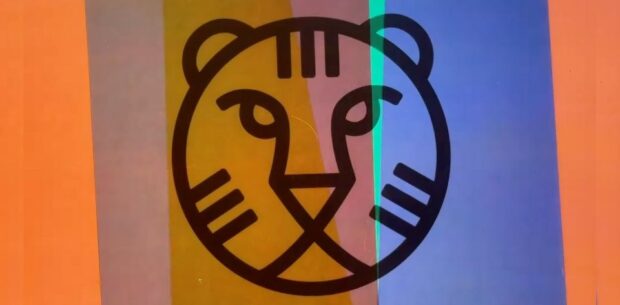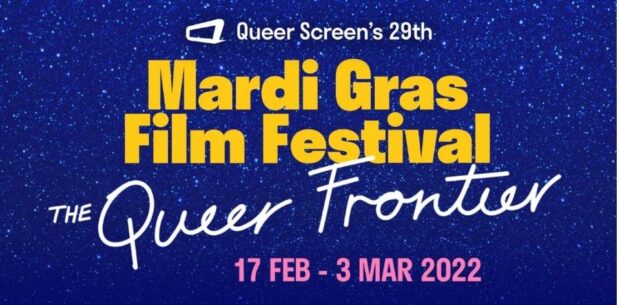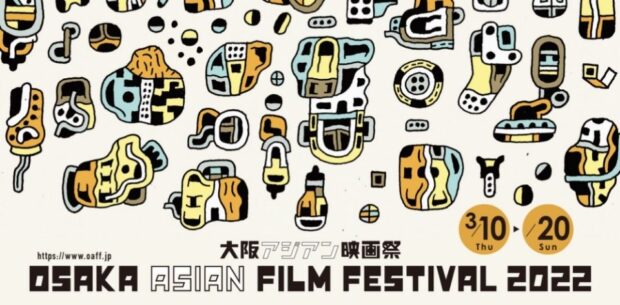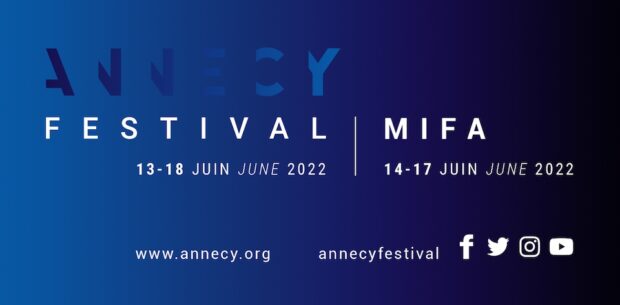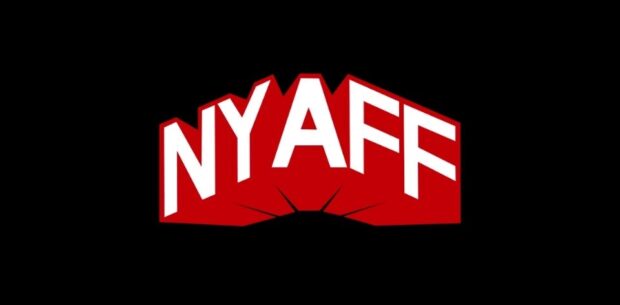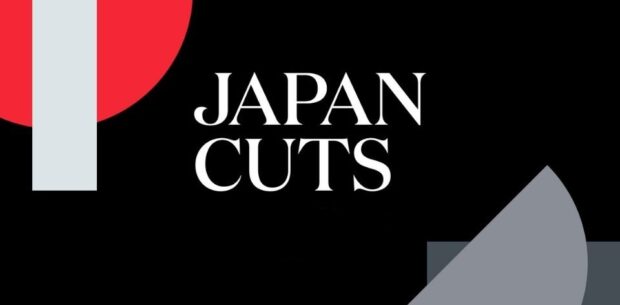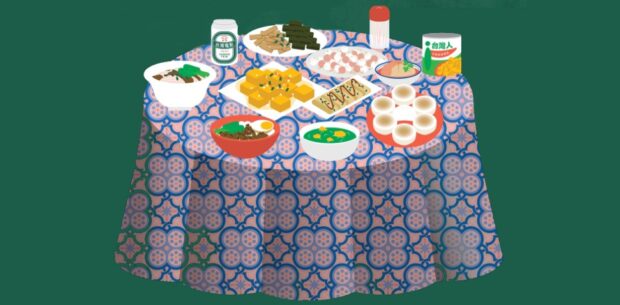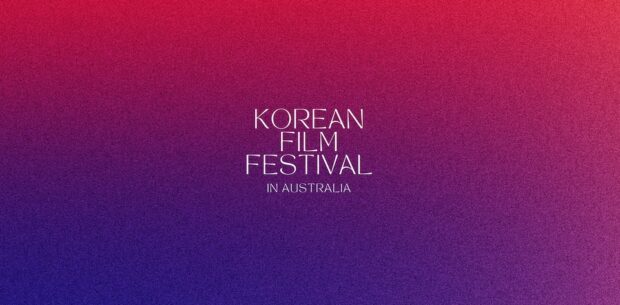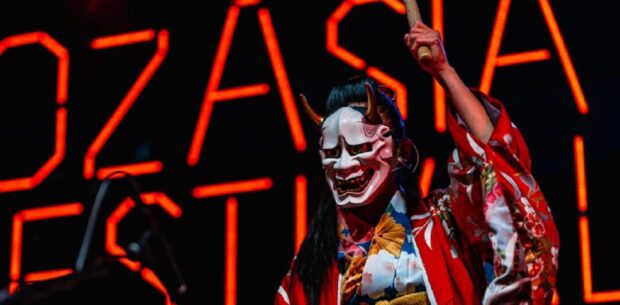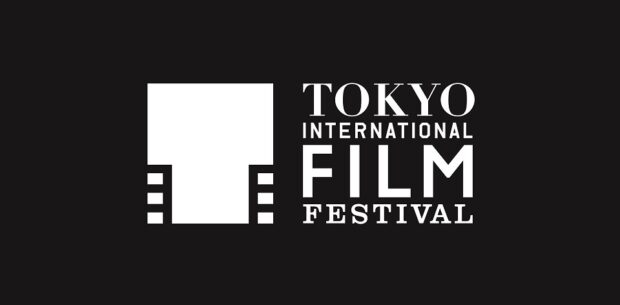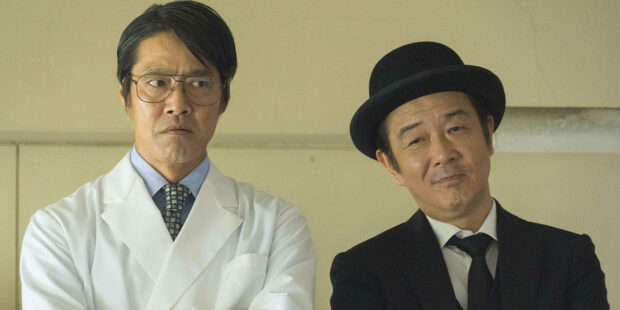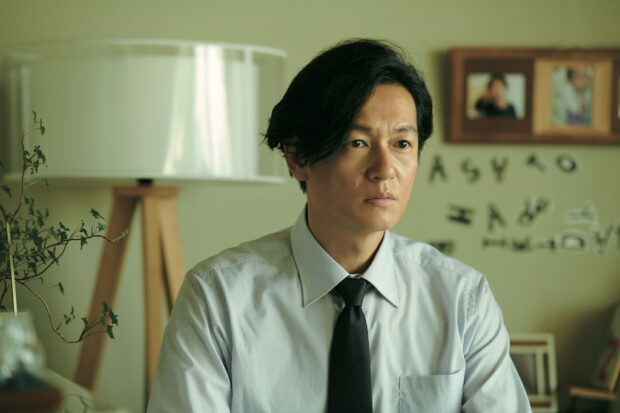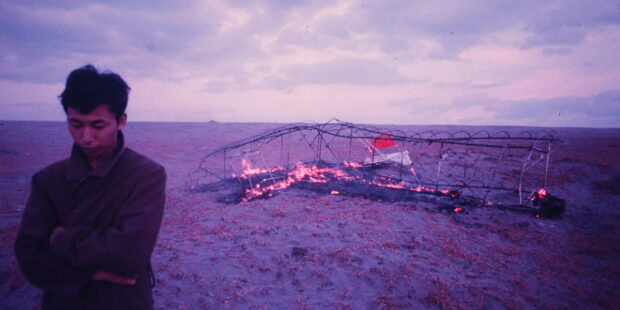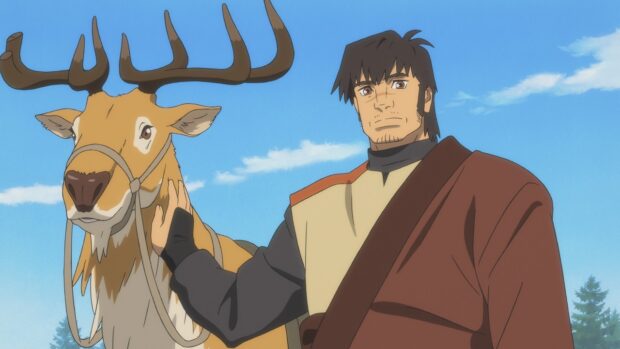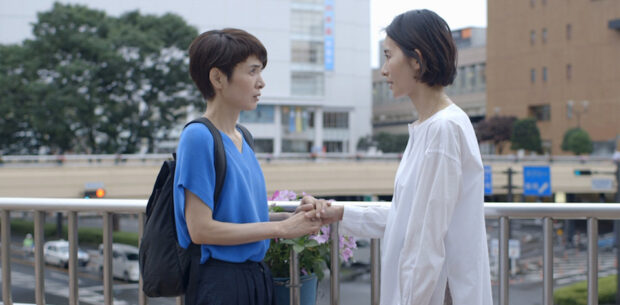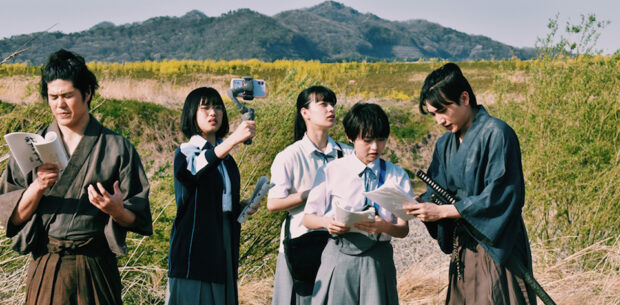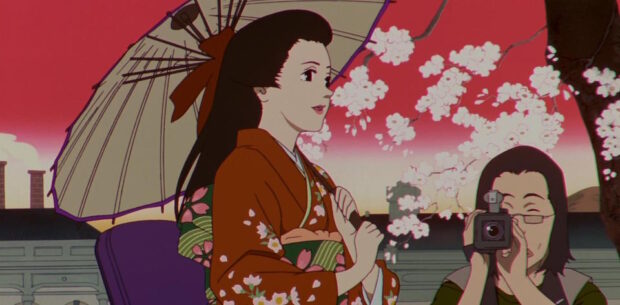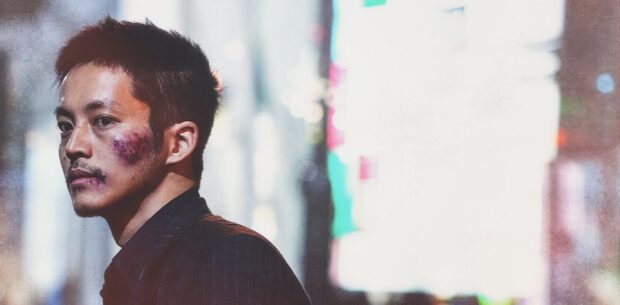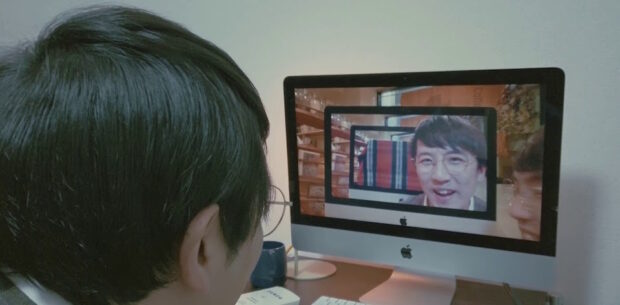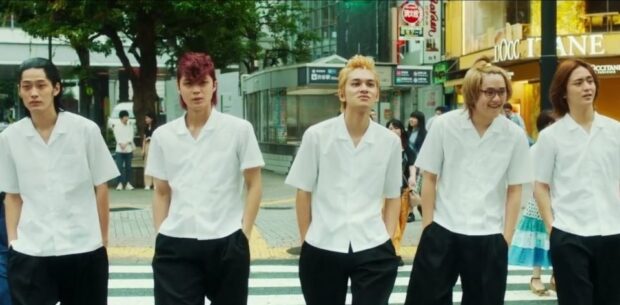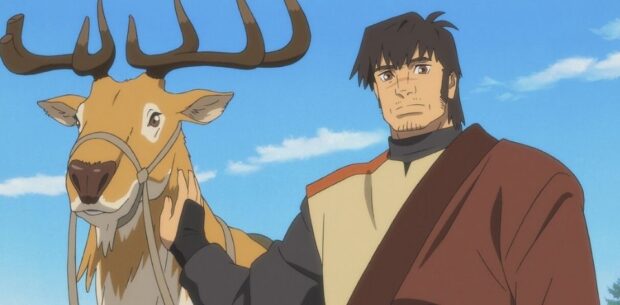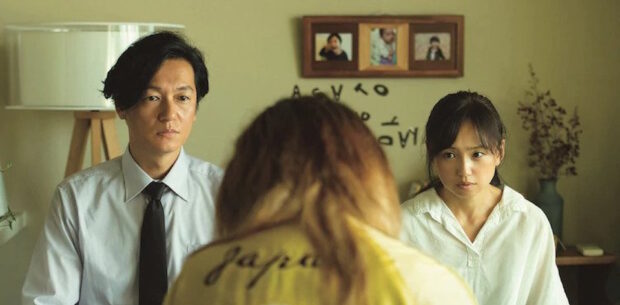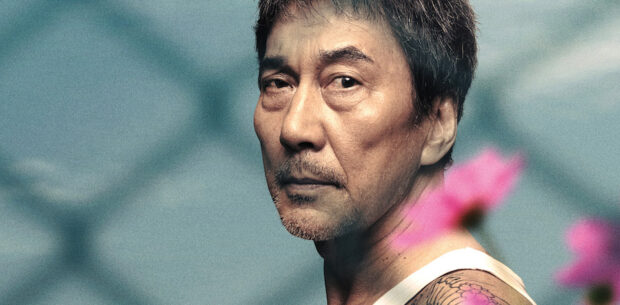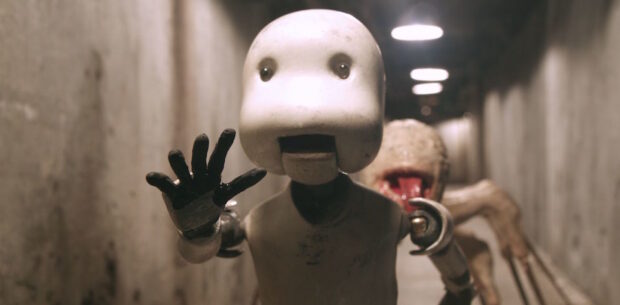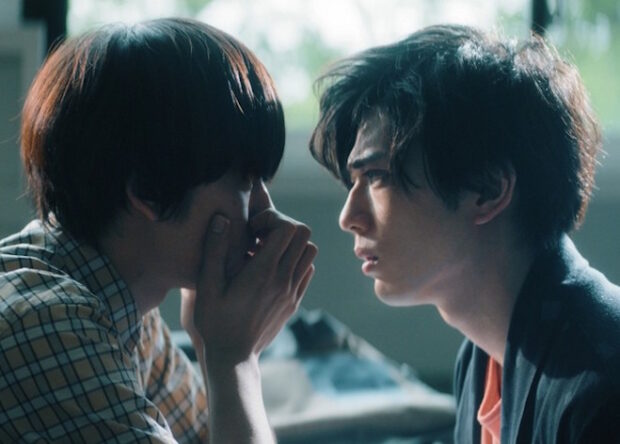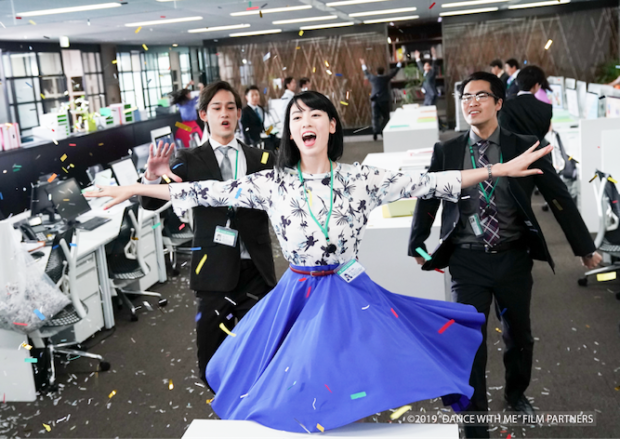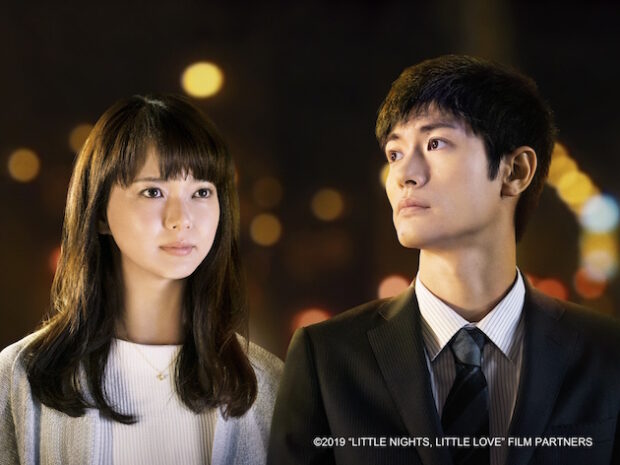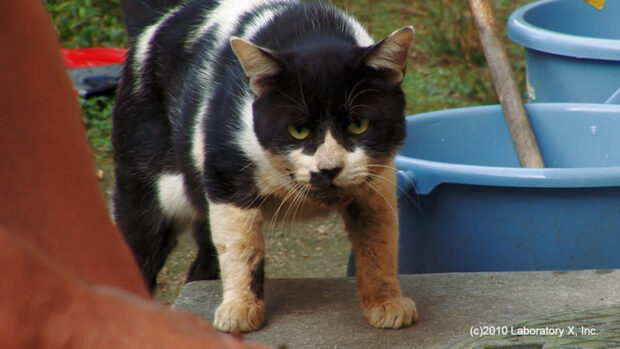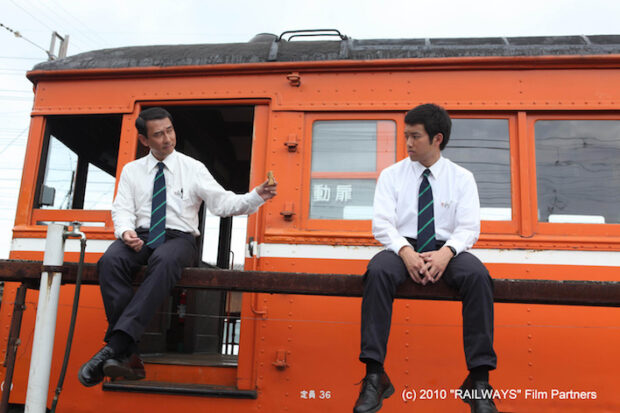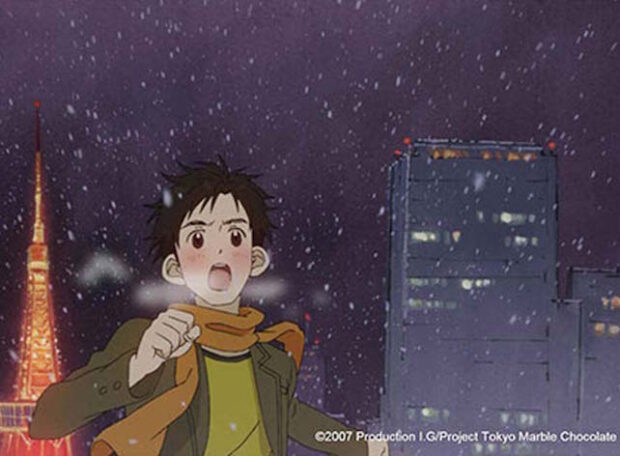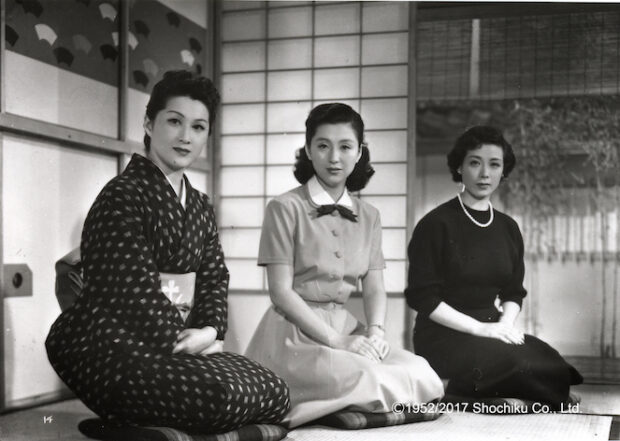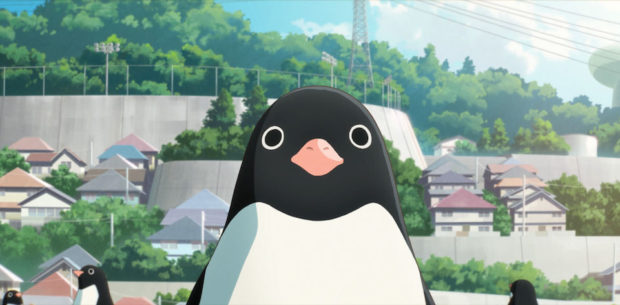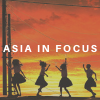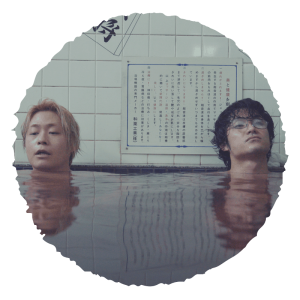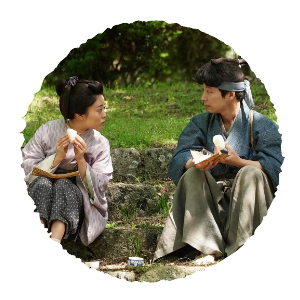The last couple of years have left us pondering what the future of film festivals could be. After all, global festivals have done so much pivoting over the last few years that they might need to take a Dramamine for the motion sickness.
Yet film always finds a way. As we look to the year ahead, a plethora of exciting festivals are set to showcase cinema online and back onsite in cinemas. As The Reel Bits perpetually has Asia in Focus, we thought we’d highlight those festivals that not only showcase Asian cinema, but also know how to show the audience and fans a good time.
At the time of writing, all of these festivals are assumed to go ahead with their current dates. That said, several are still TBA — and who knows what 2022 will bring?
International Film Festival Rotterdam
26 January – 6 February
The folks at the International Film Festival Rotterdam have been masters of pivoting over the last few years. After going fully online in 2021, plans for 2022 quickly changed due to the pandemic uptick throughout Europe. Running from 26 January to 6 Februrary, IFFR has announced the full line-up for the festival this year. Their selection of Asian films is impressive, with brand new films from the ubiquitous Miike Takashi, a retrospective of Qiu Jiongjiong’s films and lots more. For a full program and screening details, check out the official festival site.
Japanese Film festival Online 2022
14 – 27 February
Ahead of the face-to-face festival later in the year, JFF has announced a worldwide and online event showcasing Japanese cinema. From 2021 releases like It’s a Summer Film, Aristocrats and Ito and classics ranging from Rashomon to Her Love Boils Bathwater, it’s a great way to discover something new. “During the time when out-of-house activities wouldn’t be your first choice, we have brought fun and refreshment into your living room (or bedroom),” says the JFF website. “We hope that this festival will offer you a new and jolly journey.” Check out the festival site for full details.
Mardi Gras Film Festival
17 February – 3 March
Queer Screen’s 29th Mardi Gras Film Festival invites audiences on a mission to the Queer Frontier. With big titles from around the world, Queer Screen has a strong focus on Asian cinema as well. There’s a terrific selection of films from China, South Korea, Hong Kong and Taiwan, along with the amazing Asia Pacific Shorts program. Available in person and online, you can check out our full rundown of titles. Just know you need to check it out. Periodt.
Osaka Asian Film Festival
10 – 20 March
As one of the first major Asian film festivals of the calendar year, there’s a lot to get excited about. As the host of the JAPAN CUTS award for indie films, and a competition stream that includes the Grand Prix and Most Promising Talent Award, Osaka is the place to keep an eye out for some of the hot tickets for the year. Their official site has all the details.
Hong Kong International Film Festival
31 March – 11 April
Now in its 46th year, the HKIFF remains one of the oldest film festivals in Asian and one of the biggest cultural events in Hong Kong. Screening over 280 titles from 50 countries in 11 major cultural venues in Hong Kong, the inclusion of the Young Cinema Competition (for Chinese Language or World Films) and FIPRESCI Prize ensures that it remains one of the most prestigious Asian festivals in the world.

Nippon Connection
24 – 29 May 2022
Germany’s Nippon Connection Film Festival is back for its 22nd edition this year. Every year, the Nippon Connection Festival presents a cross section of current Japanese film production with around 100 films, from short films and documentaries to animated and feature films, including many German, European, and international premieres. Even being online last year, there was some weird and wonderful content that couldn’t be found anywhere else. Here’s looking forward to more of that.
Annecy Festival
13 – 18 June
While not strictly an Asian film festival, this prestigious animation festival is all about animation. Of course, that typically means a huge Asian representation, typically including films from China, Taiwan, South Korea, Singapore and of course Japan, the anime capital of the East.
Sydney Film Festival
8 – 19 June
A festival we’ve been covering longer than any other and for good reason too: it’s one of the best. After an online 2020 and a continually shifting series of dates in 2021, SFF is back in its traditional slot around the June long weekend. The Antipodean location ensures access to some quality South East Asian content, along with a traditional focus on Iranian film. Check out all of our past coverage.
New York Asian Film Festival
TBA July/August
NYAFF is a one-of-a-kind celebration of films from across Asia and the Asian American experience. Each year it showcases films from Japan, China, Malaysia, Myanmar, Philippines, Singapore, South Korea, Thailand, Taiwan, the USA and even Kazakhstan. We’ve been covering them for the last few years, and the only problem we’ve ever had is fitting in all of the wonderful content they serve up every year. This year, they turn 21 and we can’t wait to have a drink with them.
JAPAN CUTS
TBA July/August
You couldn’t ask for more from a festival than the magnificent JAPAN CUTS. Since its launch in 2007 with around 15 films, it now averages about double that every year. The massive celebration of contemporary Japanese cinema is one of the best ways to see what is making waves in Japan — and who the emerging voices might be.
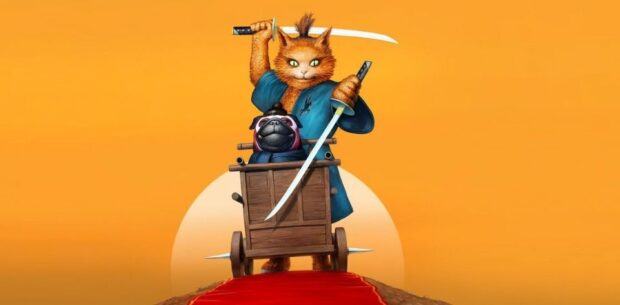
Fantasia Film Festival
14 July – 3 August
For several years, the very generous genre festival has given us press access to their titles. It’s been an absolute joy, not least of which is because they tend to have a massive selection of Asian cinema. Last year alone there were over 50 features from Japan, South Korea, Taiwan, China, Malaysia, Hong Kong, Singapore and beyond. There were also dozens of shorts and last minute additions of major blockbusters. Every year is a joy so here’s looking forward to this one.
Melbourne International Film Festival
4 – 21 August
The timing of MIFF is always perfect to get the latest drops from Cannes, and this year is bound to be big. The 70th Melbourne International Film Festival marks it as one of the oldest festivals in the country. While also beleaguered by lockdowns and restrictions over the last few years, here’s looking forward to capping off an Australian winter with the best of the best.
Taiwan Film Festival in Australia
28 July to 13 August 2022
Submissions are already open for the 5th Taiwan Film Festival in Australia will take place from 28 July to 13 August 2022 in Australia. We’ve been supporters of the fest since their debut in 2018, and it’s been amazing to watch this grow into one of the leading Asian film festivals in Australia.
Korea Film Festival in Australia
TBA
It’s hard to believe we’re already up to the 13th edition of KOFFIA, a festival we’ve watched grow and become national in that time. (Full disclosure: when the festival began, we were both media partners and briefly served as a Marketing Assistant but are now just massive fans of the enterprise). Expect the latest blockbusters to period dramas as one of the staples of the annual calendar returns.
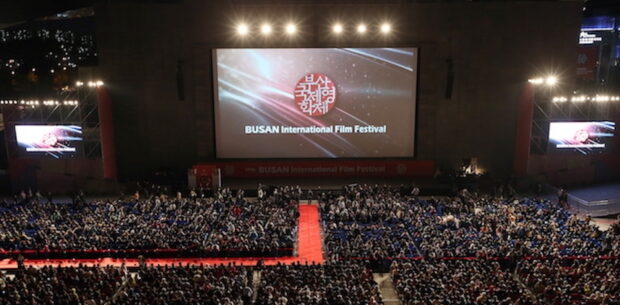
Busan International Film Festival
5-14 October
From the New Currents Award to the FIPRESCI Award, BIFF has spent over a quarter of a century establishing itself as one of the most prestigious collection of films from across Asia and around the world. Even if you can’t make it there, it’s always worth keeping an eye on what’s happening at this South Korean monolith.
OzAsia Festival
TBA – October-November
Far more than just film, Adelaide’s OzAsia Festival showcases the best theatre, dance, music, visual arts, literature, film, food and cultural events from across Asia. Even in a difficult year like 2021, they still managed to attract over 180,000 visitors. Hit up their website to find out what’s happening this year.
Tokyo International Film Festival
24 October – 2 November
The ‘other TIFF’ is, of course, the Tokyo International Film Festival. Now in its 35th year, TIFF is a premiere showcase for not just Japanese films, but cinema from around the world. Learning from the pivoting it has done during the pandemic so far, we’re keen to see what they have in store this year. TIFF will also continue deepening its ties with Tokyo FILMeX in 2022.
Japanese Film Festival Australia
TBA October – December
There is no better way to round out the year than with one of the best Japanese Film Festivals in the world. Now over a quarter of a century into its historic run, it’s one of the oldest country-specific festivals in Australia. Presented by the excellent people at the Japan Foundation, what began as a small event has now expanded into a nationwide festival that typically spans dozens of films around all of the capital cities. Look out for the JFF Online and other mid-year events as well.

